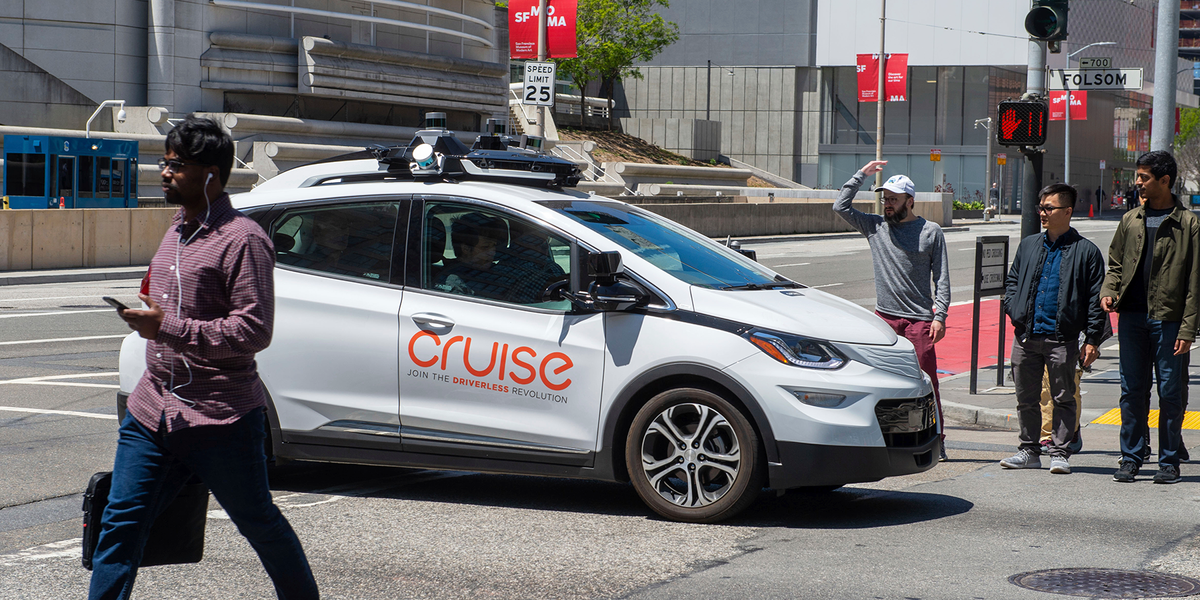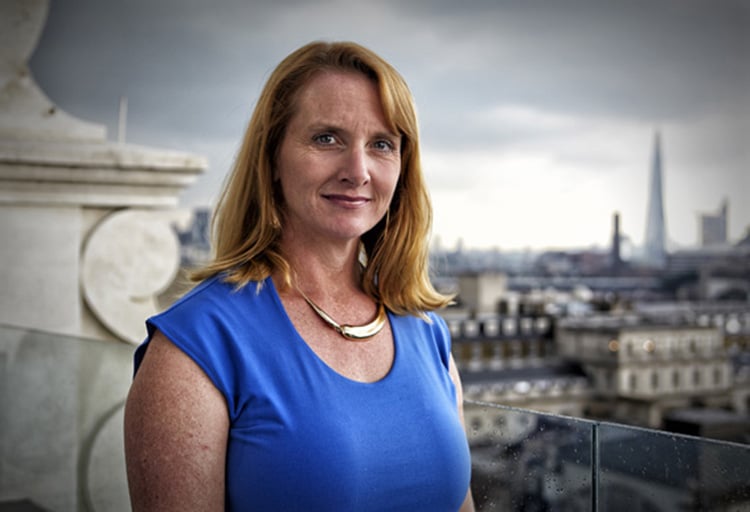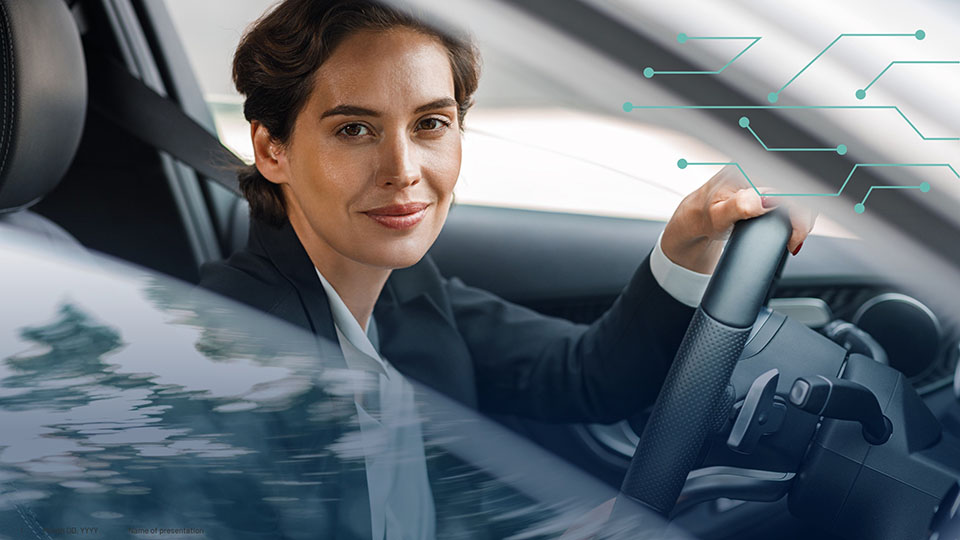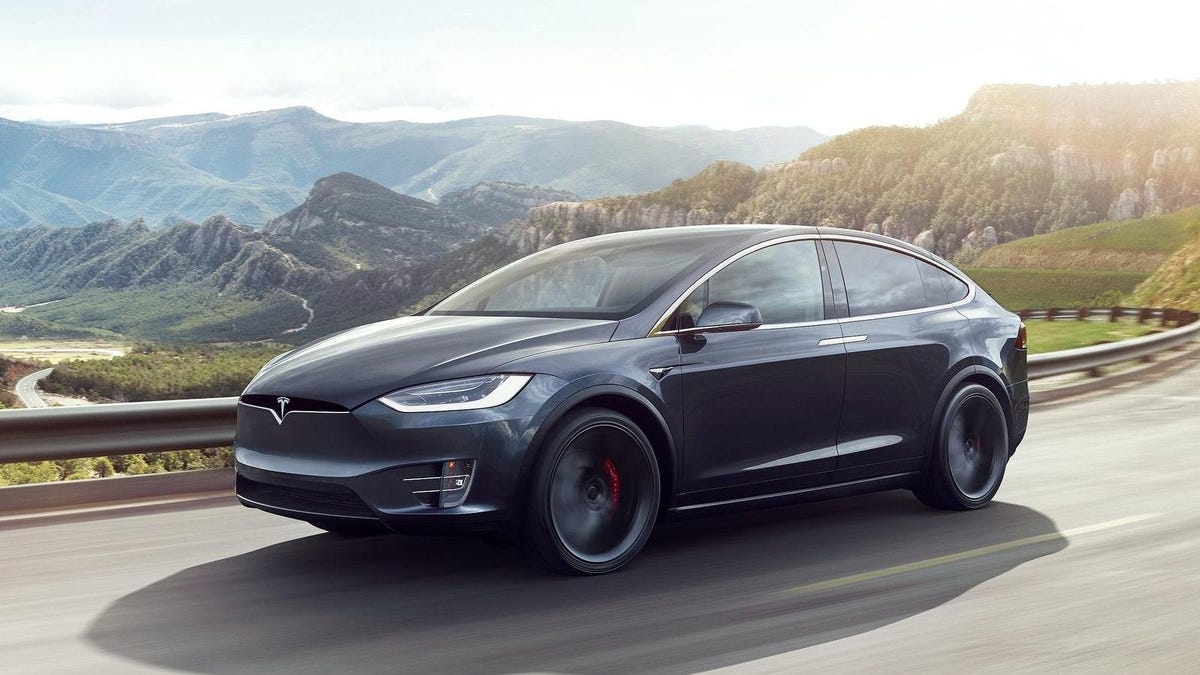Amnon Shashua -- Founder and Chief Executive Officer
"I think that Tesla has mentioned several times in the past about licensing their FSD. So, it's not really a new concept. It's not new to have competitive noise in the market. I would say that we have lots of respect to what Tesla has accomplished with FSD.
In fact, we see the rapid development of the significant positive for us that pushes the market to move faster to implement advanced solutions like SuperVision. Now, specific question of Tesla working with OEM, I think there is one argument that really clarifies the matter. I would put it as performance versus cost of the system. If you look at SuperVision, it's an FSD-like category, 11 cameras under radar or a few radars.
SuperVision is also REM, the high-definition mapping, in addition to what FSD can offer. Today, we have 120,000 SuperVision-enabled vehicles in China, more than 1,000 beta testers. And the response in terms of comparative analysis is very, very good. It's, you know, on power or superior to FSD that's measured by the rate of intervention and ability to handle complex maneuvers.
REM is a stronger differentiation. But now, let's look at the cost. The price of a SuperVision subsystem, including the cameras and radars, you know, the ECU, software, the REM, is approximately somewhere in the $2,500 range. Now, if Tesla matches that system price, then OEMs will be able to offer, you know, SuperVision or FSD at less than half the price that FSD is offered to Tesla car owners.
Now, this would immediately cannibalize Tesla, whose strategy appears to be to reduce gross margins on the vehicle and rely almost solely on the value of the FSD for creating growth. Now, I would also mention, and this bodes well with our OEM customers, now there are 400,000 FSDs on the road since 2019. And Mobileye has already 120,000. And in approximately two years, we'll surpass the 1 million bar.
And from there, we'll grow much faster. There are also important differences with respect to access of data, something that Tesla has very often highlighted as an advantage. And that's another key advantage that OEMs recognize. So, for example, at their March investor day, Tesla noted they had a video cache of 30 petabytes and were intending to grow to 200 petabytes.
Our video database is 400 petabytes. Not to mention all the data that we collect for the program, the high-definition mapping. We collected almost nine billion miles of this type of data in 2022 alone. Tesla talks about 300 million miles of driven to date.
So, I think, overall, when you look at what Tesla has accomplished, it's a very, very big positive for us. We believe that SuperVision is a much more optimal solution for our customers, both in terms of cost and performance and customization basis. And all of Tesla's accomplishments actually create a very positive momentum to have other OEMs wanting to have this type of -- this category of solution in their own cars."

spectrum.ieee.org

 driveteslacanada.ca
driveteslacanada.ca









